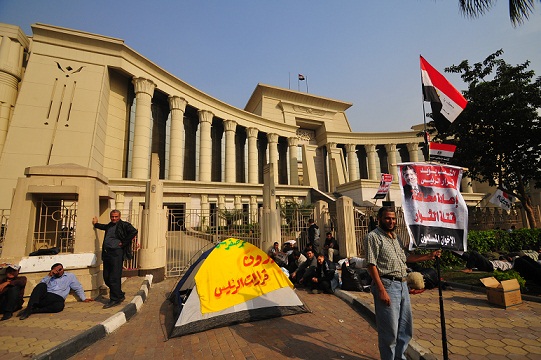The United Nations Children’s Fund (UNICEF) has urged for increased investment in child-centred climate initiatives in Zimbabwe as the country grapples with the effects of a climate-induced El Niño drought. The drought has exposed many children, among other vulnerable groups, to its severe impacts.
In a statement released on Friday, UNICEF announced the launch of a petition urging government bodies, development partners, and the private sector to prioritise children in their climate investments. The organisation is also advocating for increased funding for climate-resilient programmes to ensure continued access to essential services such as health, education, water, sanitation, nutrition, and child protection.
UNICEF highlighted that Zimbabwean children are particularly vulnerable to the risks posed by climate change-induced events, with the country ranked as high risk in the 2021 UNICEF Children’s Climate Risk Index. The ongoing El Niño crisis, coupled with existing public health emergencies related to cholera and polio, has created a complex humanitarian situation in Zimbabwe.
UNICEF, in partnership with the Zimbabwean government and other development partners, is already scaling up programmes to develop climate-resilient initiatives that empower children as agents of change and environmental stewards.
“With the escalating impact of climate change on children’s well-being, there is a pressing demand for increased investment in child-centred climate strategies,” UNICEF stated. “This is essential to amplify climate-resilient programmes, enhance household and caregiver resilience to climate shocks, and mitigate the long-term effects of climate change on future generations.”




